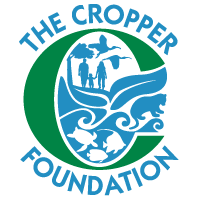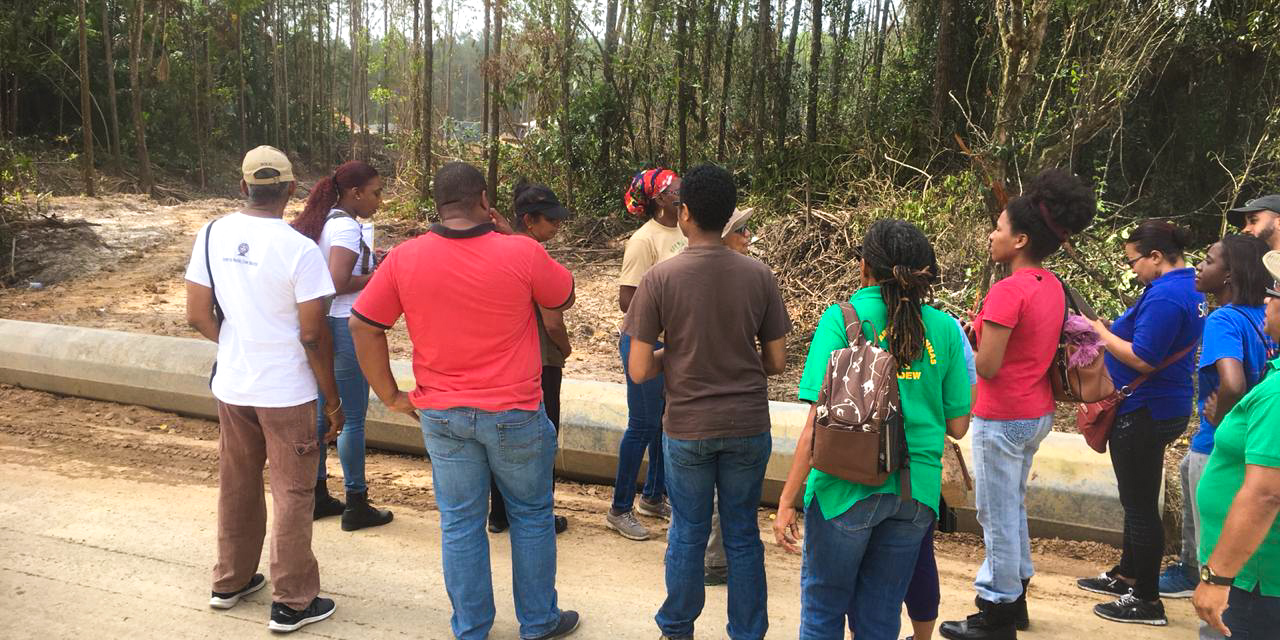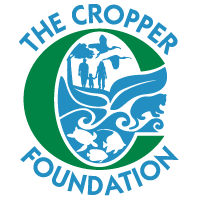This EU funded Action, “IGNITE CSOs (Improving Governance, Networking and Inclusivity for Civil Society Organisations), seeks to enhance the capacities, policy engagement opportunities and the legislative environment for civil society organisations (CSOs) towards a more inclusive, participatory, empowered, and independent civil society in Trinidad and Tobago.
The impact of the international shift in state oversight of CSOs, in this case driven by FATF, has also impacted perceptions of legitimacy and credibility by donors at a global level, with increased requirements for institutional and staff education and training on operational competencies and skills. However, historically, an abundance of time and resources (human and financial), has been spent on building the capability or skills of CSOs in competencies that development actors believe are necessary to sustain CSOs’ impact. However, in under-resourced environments, these CSOs often do not have the capacity (regulatory, infrastructural, financial, human or mental space) to sufficiently utilise these enhanced capabilities. This differentiation is critical, particularly in environments where institutions are weak and/or under-resourced.
The Action seeks to address three (3) overarching constraints:
- Inadequate CSO-specific legislation and the resulting consequences of bank de-risking and impacted CSO legitimacy;
- Lack of national CSO competency standards and associated accredited credentials that are co-designed by CSOs and trusted by external actors;
- Lack of a dedicated digital support ecosystem for CSOs, accessible to all, that require operational support but lack the capacity to fully utilise enhanced capabilities.
In mitigating these constraints, the Action aims to support an inclusive, participatory, empowered, and independent civil society in Trinidad and Tobago, through removing legislative barriers to their legitimate participation in national development; holistically building their operational capacity and capability; and adopting innovative and inclusive digital tools.



